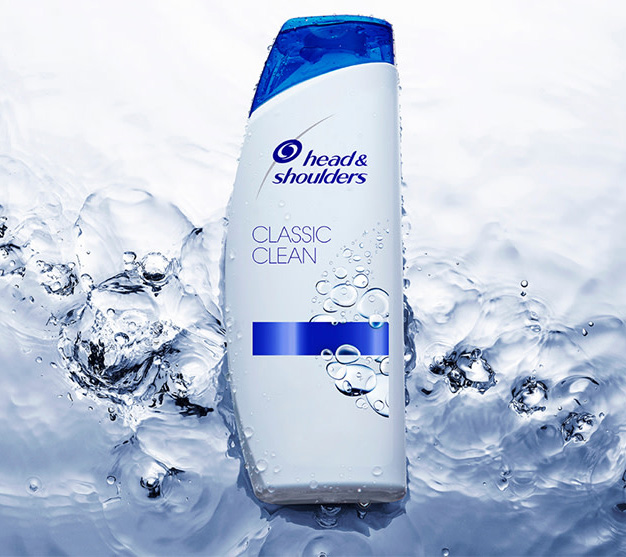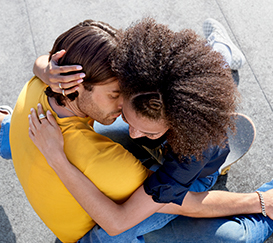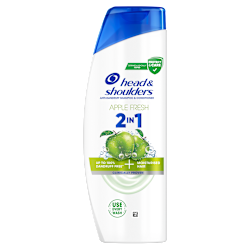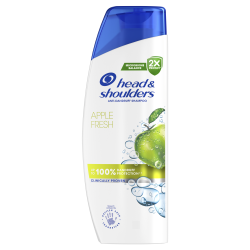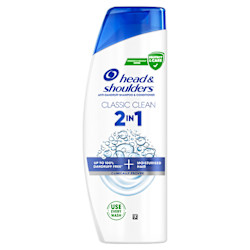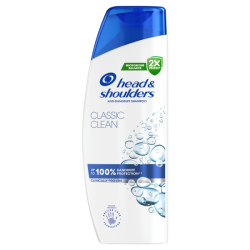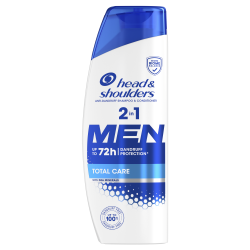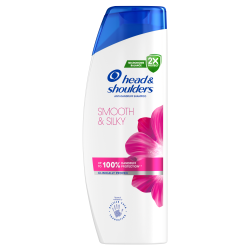Is dandruff a fungus?
Dandruff itself is not a fungus, although it is caused by the presence of a naturally occurring fungus, Malassezia globosa.
Dandruff is caused as this fungus breaks down oils on your scalp called sebum. This process produces oleic acid – something which 1 in 2 people around the world are sensitive to.
If you’re sensitive to it, your scalp becomes sensitive and increases the rate at which it renews skin cells in an attempt to get rid of whatever is sensitizing it. This causes skin cells to clump together, forming flakes that we associate with dandruff.
Anti-dandruff shampoos work to eliminate dandruff by preventing the production of substances that sensitize the scalp.
WHAT YOU NEED TO KNOW ABOUT SCALP FUNGUS
Now, scalp fungus… not exactly a conversation starter, but it’s not as bad as it sounds. Nobody likes the thought of having a fungus on their head, but have you ever thought of it in the same way as your digestive system? Odd thing to say, we know, but here’s why you should.
It may sound strange, but just like your digestive system, your skin and your scalp have their own balance of microorganisms. Just like when your digestive system is out of balance and you can start having other problems, the same happens with your scalp.
WHAT IS SCALP FUNGUS
Did you know your scalp has its own ecosystem? Yep! It’s often referred to as a “microbiome” and is made up of different microscopic bacteria and fungi. But there are 3 types which are most common:
The bacteria Staphylococcus capitis (S. capitis)
The bacteria Propionibacterium acnes (P. acnes)
Various types of Malassezia fungi
On a typical scalp, P. acnes is the most common, followed by Malassezia, and then S. capitis. Both bacteria are commonly found in other places on your skin, but the high level of Malassezia is unique to your scalp, because of two things: hair and scalp oils. These create a warm, dark, oil-rich place where Malassezia thrive.
Having Malassezia on the scalp can be especially difficult for some of us.
That’s because Malassezia breaks down scalp oils into things like oleic acid which can make your scalp dry itchy.
SCALP ECOSYSTEM: WHAT HAPPENS WHEN IT’S IMBALANCED
In clinical studies, we’ve seen how an imbalance in your scalp’s ecosystem can harm the healthy development of your skin and hair. This results in signs of damage, like skin dryness, dandruff flaking, and hair cuticle damage.
HOW TO REBALANCE YOUR SCALP’S ECOSYSTEM
In a 2016 clinical study, people with dandruff who used Head & Shoulders shampoo regularly for 3 weeks saw an improvement in the condition of their scalp, with fewer flakes.
Using Head & Shoulders helped prevent overgrowth of Malassezia and helped restore the proper microbiome balance.
If you’re prone to dandruff or other signs that your scalp is out of balance (itch), it’s important to use Head & Shoulders regularly.
Use Head & Shoulders Apple Fresh shampoo to help maintain your scalp’s natural healthy balance.


